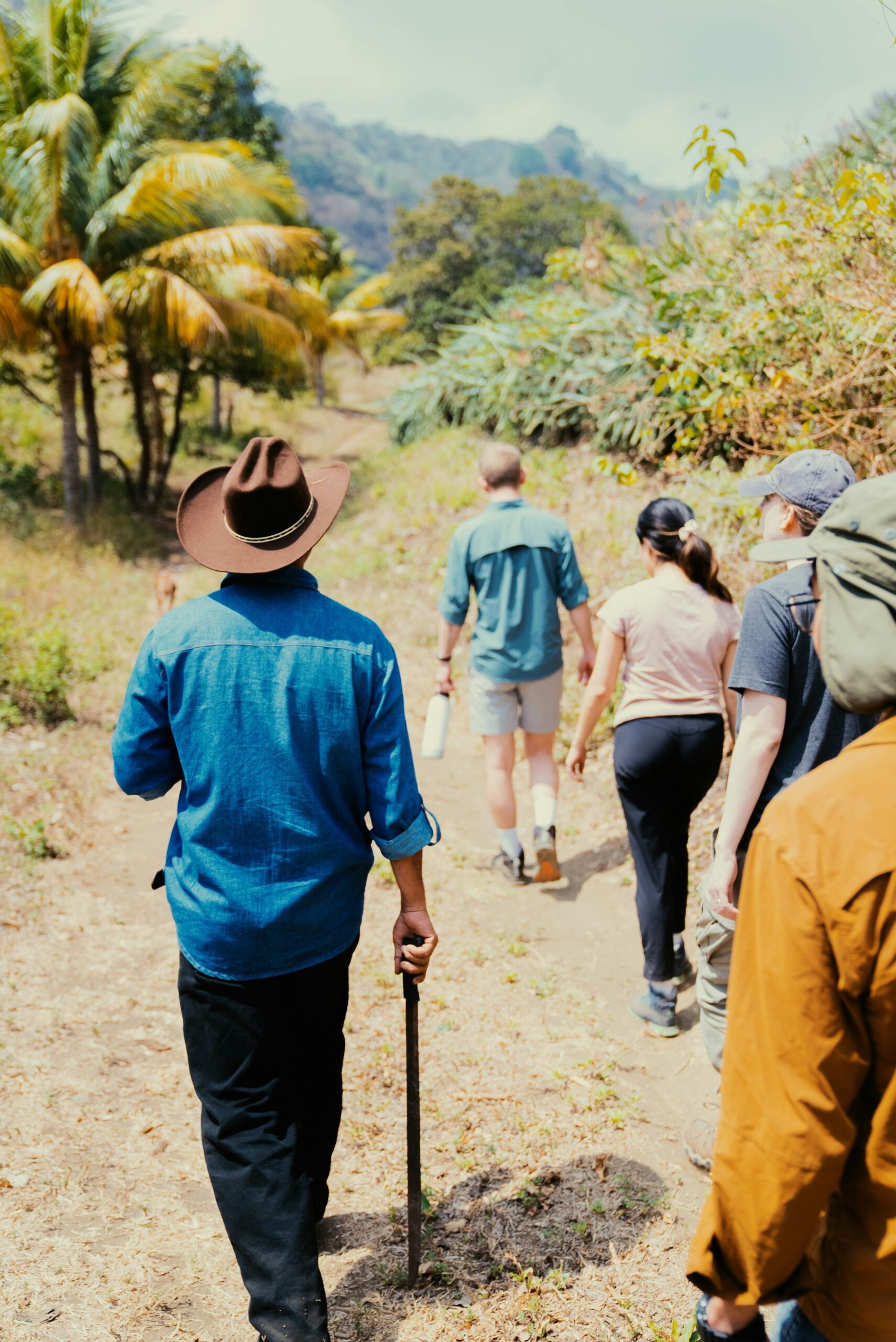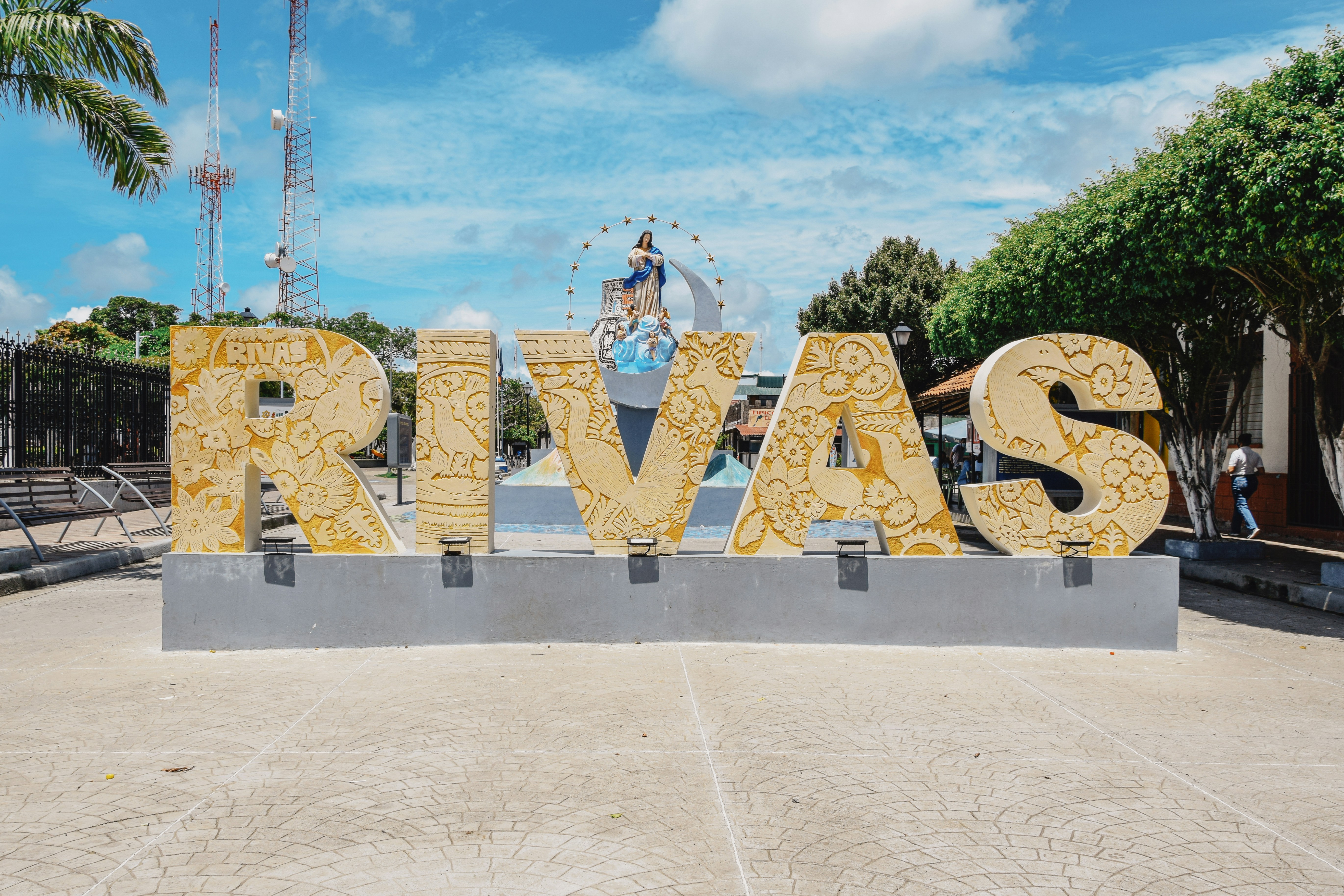Exploring Nicaragua’s national parks and protected areas offers an array of exciting options that cater to every type of adventurer. Whether you prefer hiking through lush rainforests, kayaking on serene lakes, or observing exotic wildlife, you’ll find a thrilling experience that suits your interests. You can join guided tours for expert insights, rent a bicycle to navigate scenic trails, or even take a relaxing boat ride to appreciate the natural beauty from the water. Each national park and protected area showcases the rich biodiversity and stunning landscapes that make Nicaragua a true gem for nature enthusiasts. Have you ever wondered what options you have for exploring Nicaragua’s national parks and protected areas? Nicaragua, a jewel in Central America, offers breathtaking landscapes, rich biodiversity, and a unique blend of adventure and tranquility. Whether you’re a seasoned adventurer or a curious traveler, the country’s natural wonders await you.

A Glimpse Into Nicaragua’s Natural Beauty
Nicaragua’s national parks and protected areas are sanctuaries of biodiversity and scenic beauty. From cloud forests to volcanic landscapes, the variety of ecosystems is extraordinary. These natural areas are vital for the preservation of wildlife and are a treasure trove for nature enthusiasts.
A Rich Tapestry of Ecosystems
Nicaragua boasts an impressive array of ecosystems, from the lush rainforests of the east to the volcanic landscapes of the west. Each region has its own unique flora and fauna, making it a paradise for nature lovers.
- Rainforests: Located primarily in the eastern part of the country, these dense forests are home to diverse wildlife, including jaguars, howler monkeys, and an incredible variety of bird species.
- Volcanic Regions: The western part of Nicaragua is dominated by a chain of volcanoes, some of which are active. These areas are not only geologically fascinating but also offer stunning hiking opportunities.
- Lakes and Rivers: Nicaragua is known for its abundant water bodies, including the massive Lake Nicaragua and numerous rivers that crisscross the landscape, providing habitats for a myriad of aquatic species.
Why Explore These Natural Wonders?
Engaging with Nicaragua’s national parks and protected areas provides an opportunity to connect with nature on a deeper level. Whether through birdwatching, hiking, or simply enjoying the tranquility, these places offer experiences that are both enriching and rejuvenating.
The Different Ways to Explore
Exploring Nicaragua’s pristine environments can be tailored to suit your interests and fitness levels. Here are the primary options:
Hiking and Trekking
If you relish immersing yourself in nature, hiking is a fantastic option. Nicaragua offers trails for all types of hikers, from beginners to seasoned trekkers.
Popular Hiking Destinations:
| National Park | Features | Difficulty Level |
|---|---|---|
| Masaya Volcano | Active volcano with a smoking crater, night tours available | Easy |
| Cerro Negro | Famous for volcano boarding and stark volcanic landscape | Moderate |
| Mombacho Volcano | Cloud forest with rich biodiversity, coffee farm tours | Moderate |
| Miraflor Nature Reserve | Rural communities, waterfalls, cloud forests | Moderate |
Volcanic Adventures
Nicaragua is often called “The Land of Lakes and Volcanoes,” and for a good reason. The country’s volcanoes are both awe-inspiring and accessible.
Activities around Volcanoes:
- Volcano Boarding: Cerro Negro is renowned for its thrilling volcano boarding experience.
- Crater Hikes: Masaya Volcano offers unique opportunities to peer into a smoking crater.
- Ecological Tours: Mombacho Volcano provides a dense canopy of cloud forest to explore, featuring unique plant and animal species.
Wildlife Watching
Nicaragua’s rich biodiversity makes it an excellent destination for wildlife watching. The country’s various ecosystems support a wide range of animal species.
Best Spots for Wildlife Watching:
| Location | Key Wildlife | Best Time to Visit |
|---|---|---|
| Bosawás Biosphere Reserve | Jaguars, howler monkeys, exotic birds | Dry Season (Dec-May) |
| Indio Maíz Biological Reserve | Tapirs, monkeys, abundant bird species | Dry Season (Dec-May) |
| Juan Venado Island | Sea turtles, various bird species | Dry Season (Dec-May) |
| Solentiname Archipelago | Numerous bird species, freshwater fish, caimans | Year-round |
Water-Based Activities
Nicaragua’s numerous lakes and rivers make it a hotspot for water-based activities. You can explore these pristine bodies of water in numerous ways.
Popular Water Activities:
- Kayaking and Canoeing: Lake Nicaragua, with its freshwater sharks and numerous islets, is perfect for kayaking.
- Fishing: Both freshwater and marine fishing are popular, with options for amateur anglers and professionals.
- Sailing: The vast waters of Lake Nicaragua offer a serene backdrop for sailing.
Guided Tours and Eco-Lodges
For those who prefer a structured experience, guided tours and eco-lodges provide a great way to explore Nicaragua’s natural beauty. Professional guides offer invaluable insights into the local flora and fauna, ensuring you get the most out of your visit.
Benefits of Guided Tours and Eco-Lodges:
- Accessibility: Guides can take you to off-the-beaten-path locations that may be difficult to find on your own.
- Education: Learn about the ecosystems, animals, and plants from knowledgeable experts.
- Sustainable Tourism: Eco-lodges promote sustainability and support local communities, making your stay more meaningful.
Planning Your Visit
Planning ahead will ensure a smoother and more enjoyable experience as you explore Nicaragua’s national parks and protected areas. Here are some key factors to consider.
Best Time to Visit
Nicaragua has a tropical climate with distinct wet and dry seasons. Each season has its own advantages depending on the type of activities you are interested in.
Seasonal Overview:
| Season | Months | Characteristics |
|---|---|---|
| Dry Season | December – May | Ideal for hiking, wildlife watching, beach activities |
| Wet Season | June – November | Lush landscapes, fewer tourists, occasional heavy rains, best for river rafting |
Necessary Permits and Fees
Some parks and protected areas require permits or entrance fees. It’s a good idea to check in advance so there are no surprises.
Typical Costs:
| Type | Cost (USD) |
|---|---|
| Entrance Fee | $5 – $20 per person |
| Guided Tours | $30 – $100 per person |
| Accommodation | $20 – $200 per night |
Health and Safety Considerations
Your health and safety are paramount when exploring natural areas. Bring adequate supplies and be aware of local recommendations.
Essential Items to Pack:
- Water and Snacks: Proper hydration and nutrition are crucial.
- First Aid Kit: A basic kit can handle minor injuries and stings.
- Sun Protection: Hats, sunscreen, and sunglasses to protect against the sun.
- Insect Repellent: Essential for avoiding mosquitoes and other insects.
Cultural Sensitivity
Nicaragua is home to diverse indigenous and rural communities. Respecting local customs and traditions adds to the richness of your experience.
Respectful Practices:
- Ask for Permission: Always ask before photographing people.
- Support Local Businesses: Buy crafts and goods from local artisans.
- Learn Basic Phrases: A few words in Spanish can go a long way in showing respect and building rapport.
Top National Parks and Protected Areas to Explore
Here’s a closer look at some of the must-visit national parks and protected areas in Nicaragua. Each one offers unique experiences and attractions.
Masaya Volcano National Park
Located near the capital city of Managua, Masaya Volcano is one of the most accessible and fascinating parks in Nicaragua.
Highlights:
- Active Crater: A continuously active crater provides a spectacular (and safe) viewpoint for visitors.
- Night Tours: Witness the glowing lava after sunset on a guided tour.
- Visitor Center: Learn about the geology and history of the volcano at the informative visitor center.
Mombacho Volcano Nature Reserve
Situated near Granada, Mombacho Volcano offers breathtaking views and rich biodiversity.
Highlights:
- Cloud Forest Trails: Explore diverse flora and fauna as you hike through the cloud forest.
- Canopy Tours: Experience the forest from above with thrilling zip-line adventures.
- Coffee Plantations: Visit local coffee farms and learn about sustainable coffee production.
Bosawás Biosphere Reserve
Bosawás is one of the largest rainforest reserves in Central America and a UNESCO Biosphere Reserve.
Highlights:
- Biodiversity: Home to countless species, including jaguars, eagles, and rare plant species.
- Cultural Encounters: Interact with indigenous communities and learn about their way of life.
- River Excursions: Navigate the winding rivers for unique views of the forest and wildlife.
Indio Maíz Biological Reserve
Located in the southeastern part of Nicaragua, this reserve is a haven for biodiversity.
Highlights:
- Wildlife Sanctuary: Spot tapirs, monkeys, and a variety of bird species.
- Jungle Tours: Guided tours offer in-depth knowledge about the ecosystem.
- Remote Location: Access to the reserve is limited, making it a pristine and undisturbed natural area.
Juan Venado Island Nature Reserve
Located off the Pacific coast, this island reserve is known for its rich biodiversity and serene beaches.
Highlights:
- Sea Turtles: Witness nesting and hatching of sea turtles (in season).
- Mangrove Tours: Explore the complex mangrove ecosystems by boat or kayak.
- Bird Watching: Home to numerous bird species, making it a paradise for birdwatchers.
Sustainable Travel Tips
Traveling responsibly helps preserve Nicaragua’s natural beauty and supports local communities. Here are some tips for sustainable travel.
Eco-Friendly Practices
Be mindful of your environmental impact when visiting natural areas.
Tips for Eco-Friendly Travel:
- Pack Reusable Items: Bring a reusable water bottle, cutlery, and bags to minimize waste.
- Respect Wildlife: Observe animals from a distance and do not disturb their natural behaviors.
- Stay on Trails: Stick to designated paths to protect fragile ecosystems.
Supporting Local Communities
Your visit can make a positive impact on local communities.
Ways to Support:
- Use Local Guides: Hiring local guides provides economic benefits to the community.
- Buy Local Products: Purchase handicrafts, foods, and other goods from local vendors.
- Stay in Eco-Lodges: Choose accommodations that promote sustainability and local engagement.
Frequently Asked Questions
What is the best way to get around Nicaragua?
Nicaragua offers various transportation options, including buses, taxis, and car rentals. For exploring remote national parks, hiring a local guide or joining organized tours is often the best approach.
Are there safety concerns I should be aware of?
While Nicaragua is generally safe, it’s always wise to take precautions. Keep your belongings secure, avoid traveling alone at night, and follow local advice and regulations.
Do I need to speak Spanish to get by?
While many people in tourist areas speak some English, knowing basic Spanish phrases can enhance your experience and help you interact more meaningfully with locals.
Is it easy to find guided tours?
Yes, guided tours are readily available for most national parks and protected areas. Booking in advance is recommended, especially during the peak tourist season.
What kind of wildlife can I expect to see?
Nicaragua is home to a rich array of wildlife, including jaguars, monkeys, sea turtles, and numerous bird species. The specific animals you see will depend on the location and season.

Conclusion
Nicaragua’s national parks and protected areas offer a plethora of exploration options, each providing unique experiences and stunning natural beauty. Whether you’re an avid hiker, a wildlife enthusiast, or simply looking to immerse yourself in tranquil landscapes, Nicaragua has something for everyone. By planning ahead and traveling responsibly, you can ensure a memorable and meaningful adventure in this beautiful country.
So, pack your bags, lace up your hiking boots, and get ready to explore Nicaragua’s spectacular natural wonders! Your adventure awaits.
